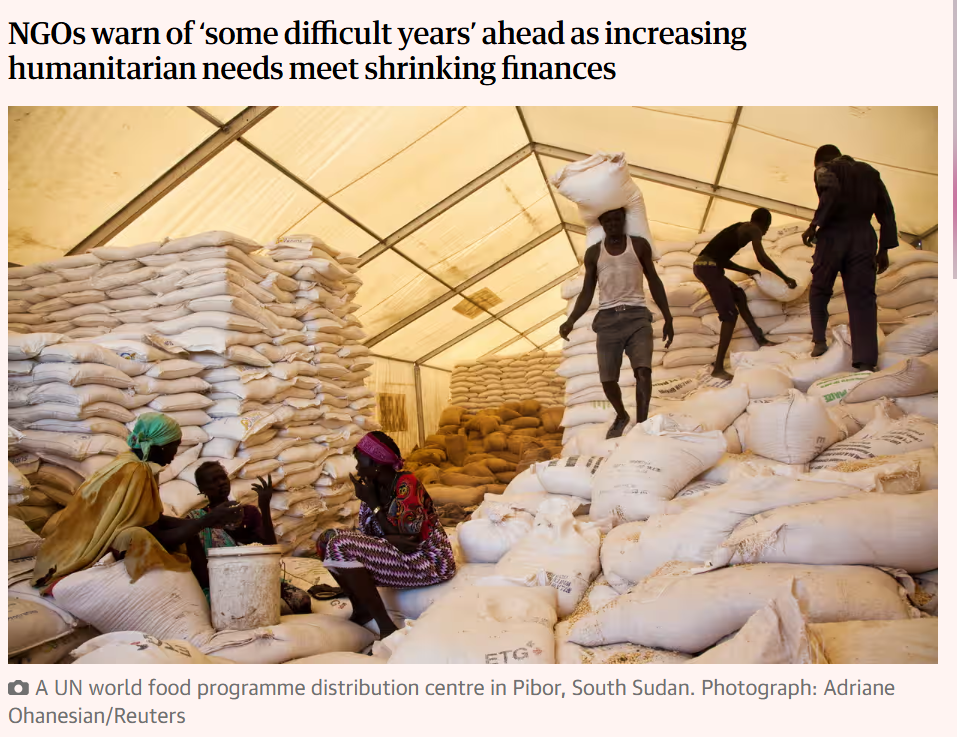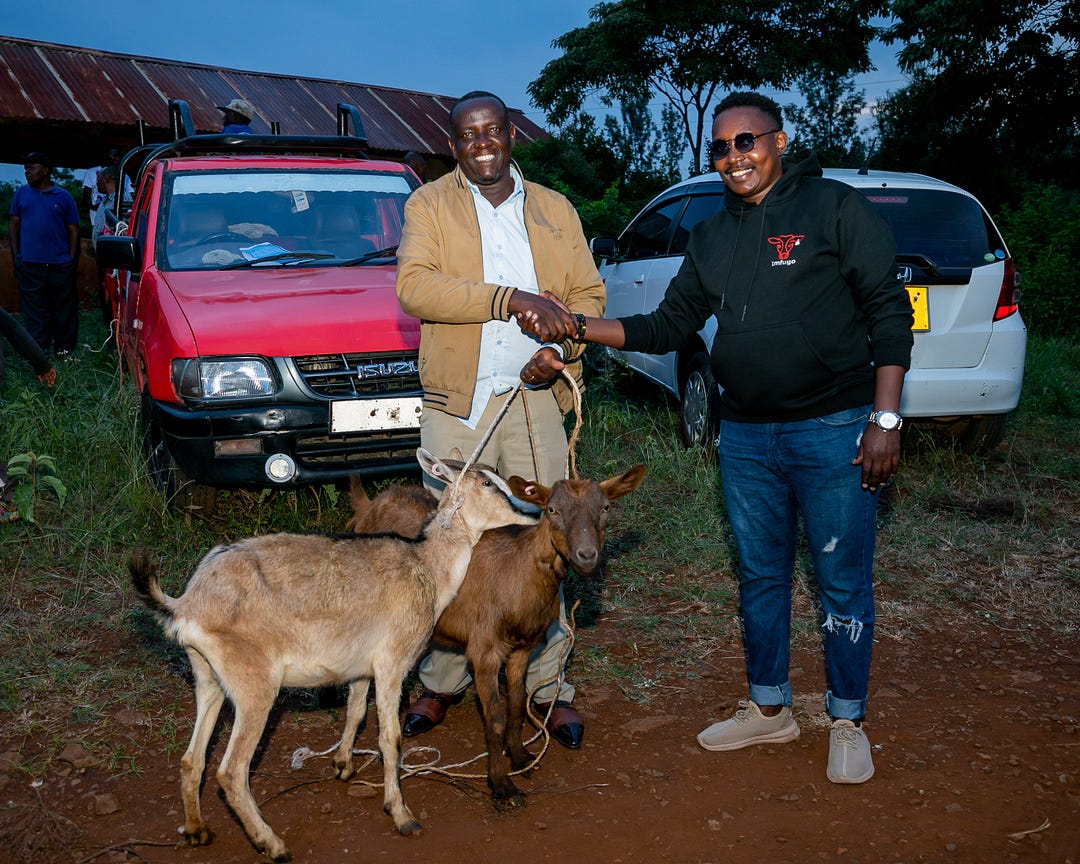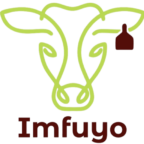
When the Guardian reported last week that the EU is struggling to fill the gap left by USAID and European aid cuts, they might as well have been writing Kenya’s agricultural obituary. For agri-fintech startups like Imfuyo, which exist to empower smallholder farmers with financing and market access, these cuts aren’t just bureaucratic — they’re existential.
1. The Aid Lifeline Kenya Can’t Afford to Lose
The Guardian article (15 April 2025) exposes a grim reality: Western donors are retreating from development aid just as climate change and debt crises hammer Africa. In Kenya, where 40% of GDP relies on agriculture (half of it from smallholders), these cuts threaten:
- Collapse of seed/fertilizer subsidy programs (traditionally co-funded by USAID/EU).
- Starved climate adaptation projects, leaving farmers defenseless against droughts/floods.
- Dismantled livestock health initiatives, risking zoonotic outbreaks.
At Imfuyo, we see the fallout daily: farmers who once accessed low-interest loans via donor-backed guarantees are now deemed “too risky” by banks.
2. Why Agri-Fintech Can’t Replace Systemic Support
Imfuyo’s mission is to democratize agri-finance — using tech to connect smallholders to credit, insurance, and markets. But no fintech startup can compensate for:
- The evaporation of $50M+ in annual agri-aid to Kenya (World Bank, 2024).
- The EU’s shrinking resilience funds, which previously buoyed cooperatives we work with.
- The reckless timing: Kenya’s maize harvests are 20% below average (FAO, 2025), and 3.5 million face acute hunger (IPC).
Without donor-backed de-risking mechanisms, the growth of inclusive financial services for farmers could stall, pushing many to continue relying on exploitative informal lenders — a risk we’ve long cautioned against.
3. The Geopolitical Betrayal — And Who Exploits It
The Guardian warns that China and Gulf states will fill the vacuum. But their “aid” comes as debt traps and land grabs — not the pro-smallholder systems built by USAID/EU. Example:
- A Chinese “donor” recently offered “free” irrigation kits to Kenyan counties — in exchange for 30-year exclusive crop offtake agreements.
- Imfuyo’s data shows such deals displace 4x more farmers than they employ.
4. Demand to Donors: Stop Abandoning the Frontline
Kenya’s farmers — and the startups serving them — need honesty, not silence. If the West won’t fund resilience, then:
- Admit agriculture is no longer a priority.
- Stop blaming Africa for “corruption” while defunding the very audits they demanded.
- Let China own the fallout of starvation migrations.
At Imfuyo, we’ll keep fighting. But no algorithm can replace a functioning global food system.

Bern Njathi is the Founder/CEO of Imfuyo, a Kenyan agri-fintech startup bridging financing gaps for smallholders.
